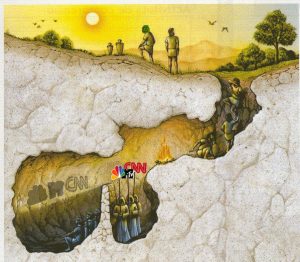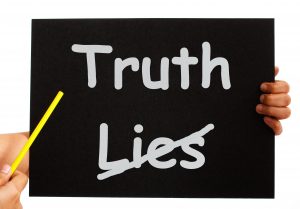During these dog days of summer, HBO is offering one week free access—just enough to watch the blockbuster 5-part series (if you didn’t see it in May) on the 1986 nuclear plant disaster that spread radiation all across Europe. Extremely well-written, terrific acting and an uncanny replication of 1986 Soviet Union, according to my husband who has taught theology there many times. And, It. Is. Riveting.
The series begins with Valery Legasov, First Deputy Director of the Kurchatov Institute of Atomic Energy, recording tapes he will secretly pass on to his fellow scientists. As the lead scientist on the committee to investigate the disaster, he vents his frustration with the core values of Soviet socialism:
“What is the cost of lies? It’s not that we’ll mistake them for the truth. The real danger is that if we hear enough lies, we no longer recognize the truth at all. What happens then? All we can do is abandon the truth and content ourselves instead with stories.”
But at Chernobyl, all the State stories hit the wall of reality.
Legasov knew the truth as soon as he read the first report: graphite was on the ground outside the reactor. The reactor had not simply released steam, like Three Mile Island. Neither did the core melt down from a disruption in the cooling system. Chernobyl’s core had exploded.


